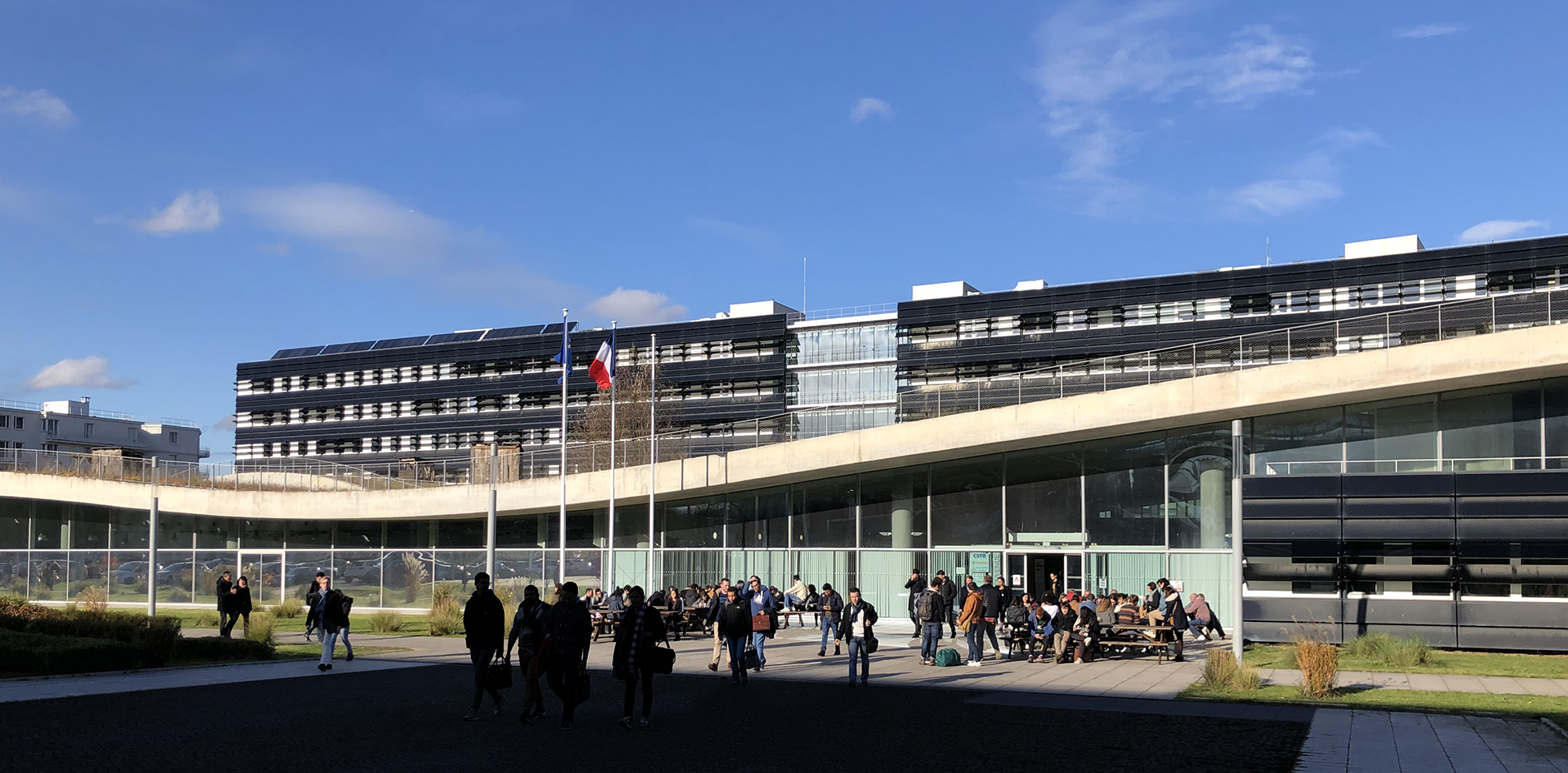Improving our ways to urbanise and innovate urbanisation processes are needed in order to meet the UN Sustainable Development Goals, hence deliver the Quito New Urban Agenda promise. During the Future Days event, participants renewed the listing of urban topics. They bridge the gaps between academics and practitioner. They have presented much more evidence-based policies at the global level and with local examples and test-beds. And, they generated a better understanding of the driving forces of urbanisation and of the needs for better regulating the processes.

People, Movement and Public Space
In a keynote at the Future Days 2019 event, themed ‘Legacy and Future of our Cities’, I illuminated the interdisciplinary topic ‘people, movement and public space’, in order to understand assembled complexities of cities which go along with this topic. I introduced a four-step approach: First, a network-theoretical approach in the analyses of path systems, aiming to understand the complex dynamic systems of real cities better. Second, the analyses of personal perspectives on these paths apply more a non-linear approach to understand complex trajectories and interactions in reality. Third, engaged with the human-adaptive approach, analysing the psychology of place helps to understand patterns in the evolutionary inter-subjectivity of being in cities. Lastly, by observing public life, understanding the emergence of life in real cities, and non-equilibria, may be understand from a self-organising approach.
Continue reading →

